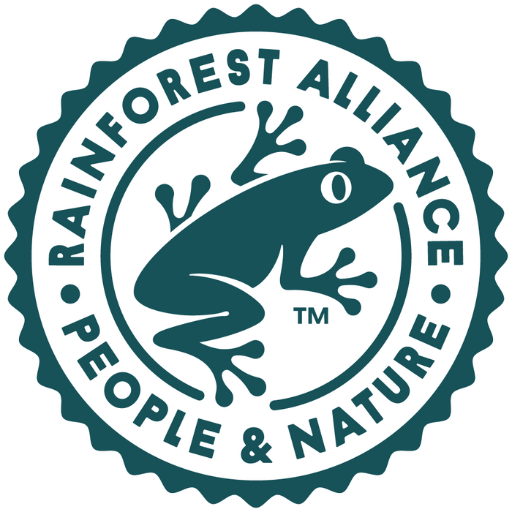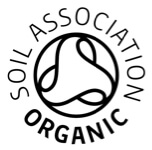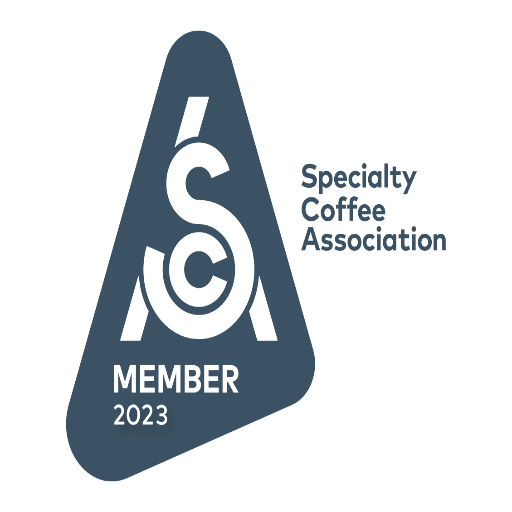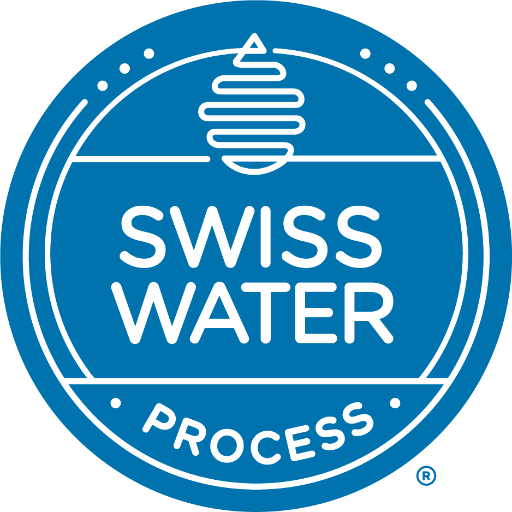Coffee is a big deal in Ethiopia. 15 million people are involved in making it; 60% of foreign income comes from it; and Ethopia is one of the very few places on Earth where it still grows wild. Wild coffee is exactly what it sounds like – 100% natural coffee, not sown or cultivated, just found and picked. It’s emerging from the shadow cast by Ethiopian coffee’s biggest names – Bebeka, Limmu and Tenni or Harar, Sidamo and Yirgacheffe and making news of itself. It’s rare, it’s hard to get to, and it is, after all, endangered.
Ever-keen to source new and interesting beans, DR Wakefield sent one of our traders, Phil Searle to investigate further; and he’s returned with something quite special. The trip took him to meetings and cupping sessions with Wakefield’s existing suppliers in mountaintop Addis Ababa, wrangling car guards and streets with no names, before heading off into what – for him – was the uncharted territory of the Bench Maji Zone in the far south-west of the country. The trip still takes the better part of two days—even with the new roads into and out of the zone—through the plantations that produce over ten thousand tonnes of coffee a year.
We caught up with Phil to talk about him, his trip, and of course, coffee.
DRWakefield: Let’s start with a little bit about yourself. I’ve never met anyone who said “I want to be a coffee buyer when I grow up” – so how did you find yourself in this line of work?
Phil Searle: I was drawn in by the opportunity of going to work in Africa. That was something new and quite exciting. I went and did a year’s internship in Kenya and Tanzania, learning about milling, exporting and quality. After doing that, I wanted to go into trading, and luckily there was an opening in DR Wakefield.
DRW: Tell us about your recent trip to Ethiopia
PS: I headed out there in January this year. That was my third time in Ethiopia, and Bench Maji was a new area with new opportunities.
I was visiting the Wild Coffee Conservation through Participatory Forest Management project, who we’re now working with to import Wild Forest Coffee to the UK. It’s run by the University of Huddersfield, the Darwin Initiative, the Horn of Africa Regional Environmental Centre and Network, the Ethiopian Institute of Biodiversity, the Ethio-Wetlands Natural Resources Association and the Sustainable Livelihoods Approach. The coffee grows in a protected biosphere, which is farmed exclusively by local communities – provided that they preserve the forest and farm sustainably. The project was set up to give added value to communities, by training local people to process coffee to a certain standard and export it themselves, instead of selling through internal markets.
Our role in this is teaching them to mill the coffee to a certain standard, for better performance in cupping. After they’ve done that, they trade with us through the Bench Maji union. It’s exciting to have an opportunity to visit areas where you can help someone by buying their product – you can see the farmers and witness the benefits they gain from your business.
They were pleased to meet us, too. I was invited to a welcome ceremony, with the zonal Chief of Bench Maji and the local media. We were fed the local delicacy (salty spiced tea and fermented yoghurt) which tasted pretty funky! Nothing personal, but I wouldn’t be too upset if I never had them again.
DRW: I hope you liked the coffee better than the tea…
PS: Definitely! It’s a new taste, one that we’re not used to in the UK. Soft body, good acidity with forest fruit flavours – sort of winey. And we’re the first people to export it, and the only people exporting it to the UK. We do this sort of thing a lot: there’s a container or special Ethopian coffees coming over in August or September time. This one’s almost unique, though.
DRW: And we’re not getting it anywhere else. OK – if small roasters want in on this, how can that happen?
PS: DR Wakefield will send out an offer and information directly to roasters, or they can contact us. There were 27 bags when I came back and there are still 11 available, ready to sell once they hit our warehouse. I’ll be going back later this year, or in 2016, and I want to bring back more, but it all depends on how well the first batch of Wild Forest Coffee sells. So, you know, if you want some…
DRW: Get in quick?
PS: Exactly.
Thanks to Phil for taking his time out to chat with us. To find out more about DR Wakefield’s coffee, get in touch.









